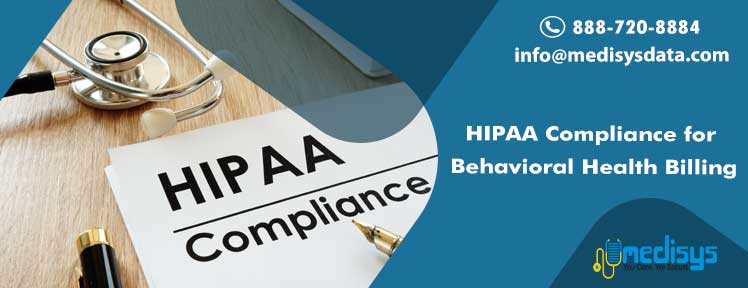Introduction
As a behavioral health provider, protecting your patients’ privacy must be your top priority. The Health Insurance Portability and Accountability Act (HIPAA) is a federal law that safeguards the privacy of individuals’ health information, including mental health and substance abuse treatment records. Understanding and complying with HIPAA regulations is crucial for your practice.
What is HIPAA?
HIPAA was enacted in 1996 to ensure the portability and security of health insurance for Americans. It also established national standards for protecting individuals’ protected health information (PHI). PHI includes any information that can be used to identify a patient and their health condition, such as Name; Address; Date of birth; Social Security number; Diagnosis; Treatment records; Medication history; and Mental health notes.
Why is HIPAA Important for Behavioral Health?
Many individuals with behavioral health conditions face stigma. HIPAA compliance helps ensure their privacy and encourages them to seek treatment without fear of their information being disclosed. HIPAA outlines three key rules that apply to behavioral health billing:
- Privacy Rule: This rule sets standards for how PHI must be used, disclosed, and protected. It also gives patients certain rights regarding their PHI, including the right to access, amend, and request an accounting of disclosures.
- Security Rule: This rule requires covered entities (like your practice) to implement safeguards to protect PHI from unauthorized access, use, disclosure, alteration, or destruction. This includes physical, administrative, and technical safeguards.
- Breach Notification Rule: If a security breach occurs and PHI is compromised, this rule mandates that you notify affected individuals and the Department of Health and Human Services (HHS).
How Does HIPAA Apply to Behavioral Health Billing?
Here’s how HIPAA regulations impact your billing practices:
- Sharing PHI with Insurance Companies: You can only share a patient’s PHI with their insurance company for billing purposes with their written authorization.
- Minimum Necessary Standard: When sharing PHI, you should only disclose the minimum amount of information necessary for the purpose (e.g., diagnosis code for billing).
- Patient Rights: Patients have the right to request a copy of their medical records, including billing information, and to request corrections if they believe there is an error.
Maintaining HIPAA Compliance
Here are some steps to ensure your practice is HIPAA-compliant:
- Develop a HIPAA compliance program: This program should outline your policies and procedures for handling PHI.
- Train your staff: All staff members who handle PHI must be trained on HIPAA regulations.
- Implement security measures: These may include password-protected computers, encryption of electronic PHI, and secure storage of paper records.
- Develop a breach notification plan: Have a plan in place to respond to a potential HIPAA breach.
- Work with a HIPAA compliance expert: Consulting a healthcare attorney or HIPAA compliance expert can help ensure your practice is meeting all the requirements.
To conclude,
By understanding and complying with HIPAA regulations, you can protect your patient’s privacy and ensure the smooth operation of your behavioral health practice. Remember, protecting patient confidentiality is not only a legal requirement but also essential for building trust and encouraging individuals to seek the care they need.
Resources for Behavioral Health Providers












